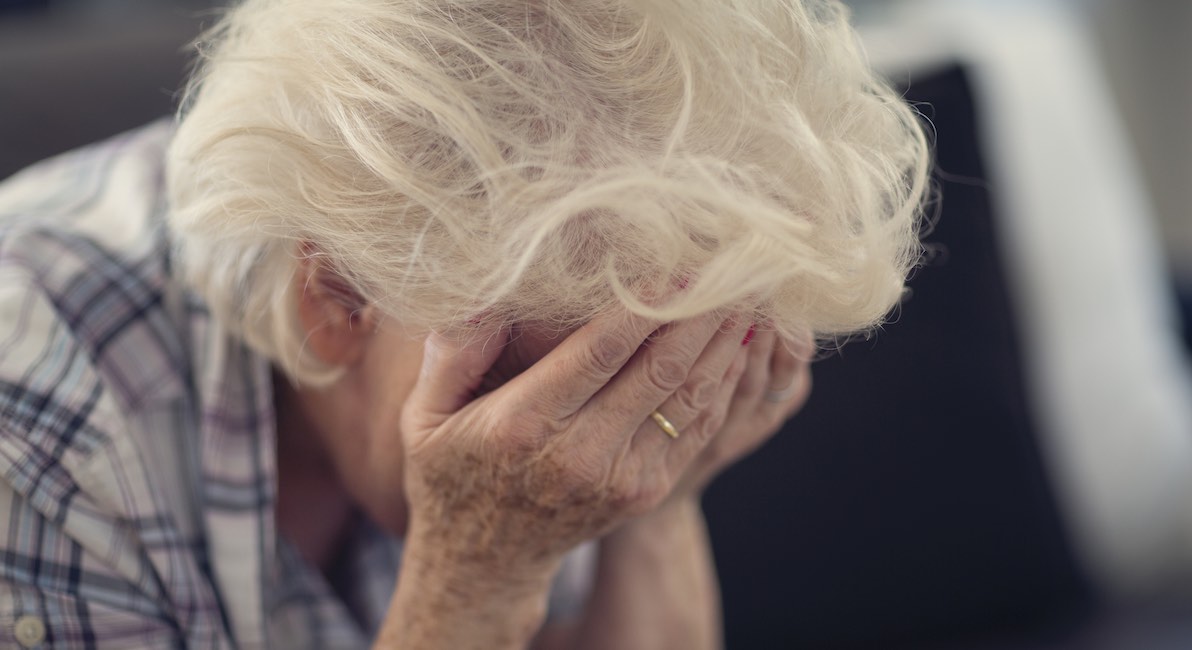In October, a Canadian woman lost her battle to prevent her husband of almost 50 years from dying by euthanasia. Katherine, whose last name has not been released, had been married to her suicidal husband for 48 years. Katherine went to court to prevent him from being killed by doctors at his request.
Her husband first applied for euthanasia in April of 2020 but was turned down. Assessors believed 1) he wasn’t mentally competent to give consent to assisted death due to his dementia, and 2) his illness (chronic obstructive pulmonary disease) would not cause imminent death. Katherine has argued that her husband was delusional about his health and believed he was terminally ill when he really wasn’t. Assessors agreed that he was ineligible for assisted suicide.
But the man went to see other practitioners, who approved his death in July.
During the court battle, Katherine’s husband moved out and refused to speak to Katherine. Isolating and pushing away loved ones are classic symptoms of depression, a treatable mental illness. Katherine said in August, “He’s been away from me now since July 31, and I don’t know where he is and he won’t talk to me on the phone.”
The first court decided against Katherine, who then appealed to the Nova Scotia Court of Appeal. Katherine argued before the judges that tests should be done to evaluate whether her husband was competent to decide to die.
Hugh Scher, Katherine’s lawyer, said:
There’s real question, based on the very conflicting medical evidence within a matter of weeks from different practitioners … as to whether or not this person truly does meet the criteria or not… I think to put somebody effectively to death … when we don’t have that answer, and where the request can be made truly based on a delusion, is simply a complete violation of the rule of law in this country.
I don’t think it’s what the Supreme Court of Canada or Parliament had in mind when it decriminalized euthanasia and ultimately required that safeguards be put in place to protect those who are vulnerable from the risks of serious abuse.
Unfortunately, the three-judge panel on the Appeals Court also found against Katherine and her husband was euthanized in October.
The case is worrisome because it sets a precedent that no one, even a wife of almost 50 years, can intervene in an individual’s decision to die if they can find two doctors willing to approve their death.
READ: The disturbing details of Canada’s bill to expand assisted suicide
Medical professionals did not agree about Katherine’s husband. One wrote, “I do not feel he is capable of making decisions regarding MAID [medical aid in dying] due to dementia… He has a grievous progressive and incurable illness (dementia/COPD) but I do not feel that death is foreseeable.”
Scher said the ruling is also problematic because it demonstrates that suicidal people can “doctor shop” or go to see multiple doctors until finding one that will give permission for euthanasia:
The notion that individuals should be free to see 10 doctors who find they lack capacity, but then find two more that say they don’t to justify an assisted death is troubling and renders the safeguards and protections of the criminal law completely meaningless….
Doctor shopping is a serious concern that must be addressed. Court or tribunal oversight are essential in those rare cases where there are multiple conflicting medical reports over the core issue of capacity which is an essential condition of eligibility for MAID.
Helen Long, the chief executive officer of the pro-euthanasia group Dying With Dignity, said, “We hear from families all the time how difficult these decisions are, how difficult it is to speak to their loved ones about them. At the end of the day, this is an individual’s choice – it’s not a group decision.”
So loved ones have no say.
Law professor and euthanasia supporter Jocelyn Downie, who has been on “expert panels” examining the ethics of euthanasia, said that the suit might have made some doctors nervous about euthanizing patients but, now that Katherine lost, these doctors should be reassured and ready to keep putting patients to death. She said, “These decisions, especially the Court of Appeal decision, should provide reassurance to clinicians and to the lawyers who advise them.”
It is deeply tragic that the wishes of a wife of 48 years, who knew her husband better perhaps than anyone on earth, should be ignored, and the opinions of doctors who were complete strangers to her husband should prevail. No doubt, the financial, emotional, and spiritual wellbeing of this man’s wife were directly impacted by her husband’s decision, and yet, she was left with no recourse.
The courts of Canada have found that relatives, spouses, and friends have no power or ability to prevent loved ones from being put to death if they are suicidal, and if they can find a doctor willing to kill them.
“Like” Live Action News on Facebook for more pro-life news and commentary!







